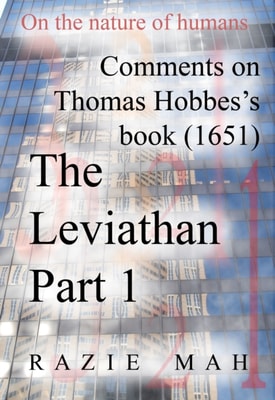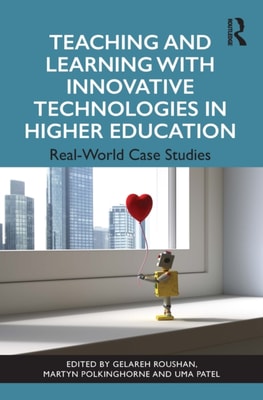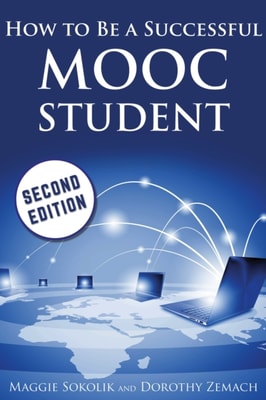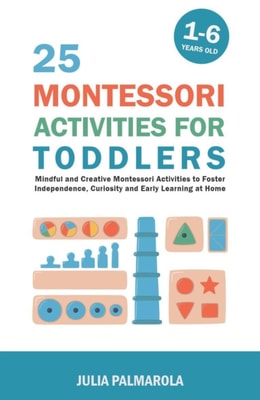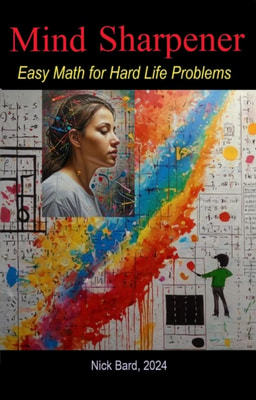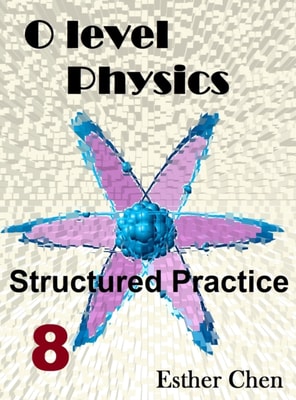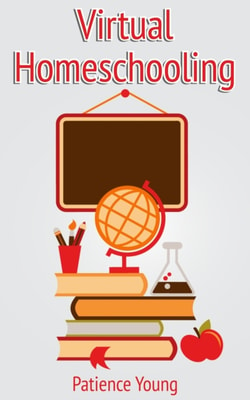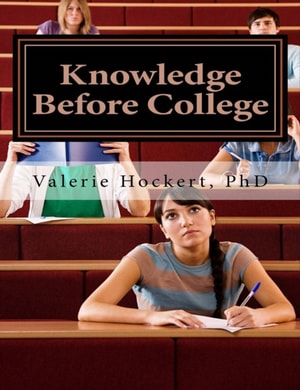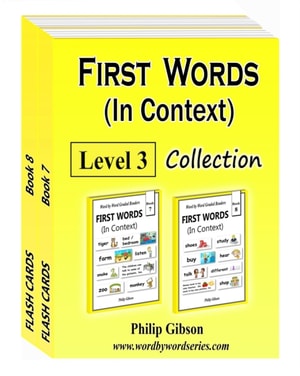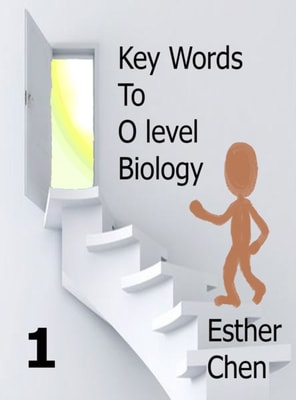Open learning, distance education
Sorting
Bestseller Sorting collapsed

E-book
Price
0.99 £ * Old Price 1.99 £

E-book
Price
0.99 £ * Old Price 1.99 £

E-book
Price
27.99 £ * Old Price 31.99 £

E-book
Price
0.99 £ * Old Price 1.99 £

E-book
Price
0.99 £ * Old Price 1.99 £

E-book
Price
0.99 £ * Old Price 1.99 £

E-book
Price
0.99 £ * Old Price 1.99 £

E-book
Price
0.99 £ * Old Price 1.99 £

E-book
Price
0.99 £ * Old Price 1.99 £

E-book
Price
0.99 £ * Old Price 1.99 £

E-book
Price
0.99 £ * Old Price 1.99 £

E-book
Price
0.99 £ * Old Price 1.99 £

E-book
Price
0.99 £ * Old Price 1.99 £





